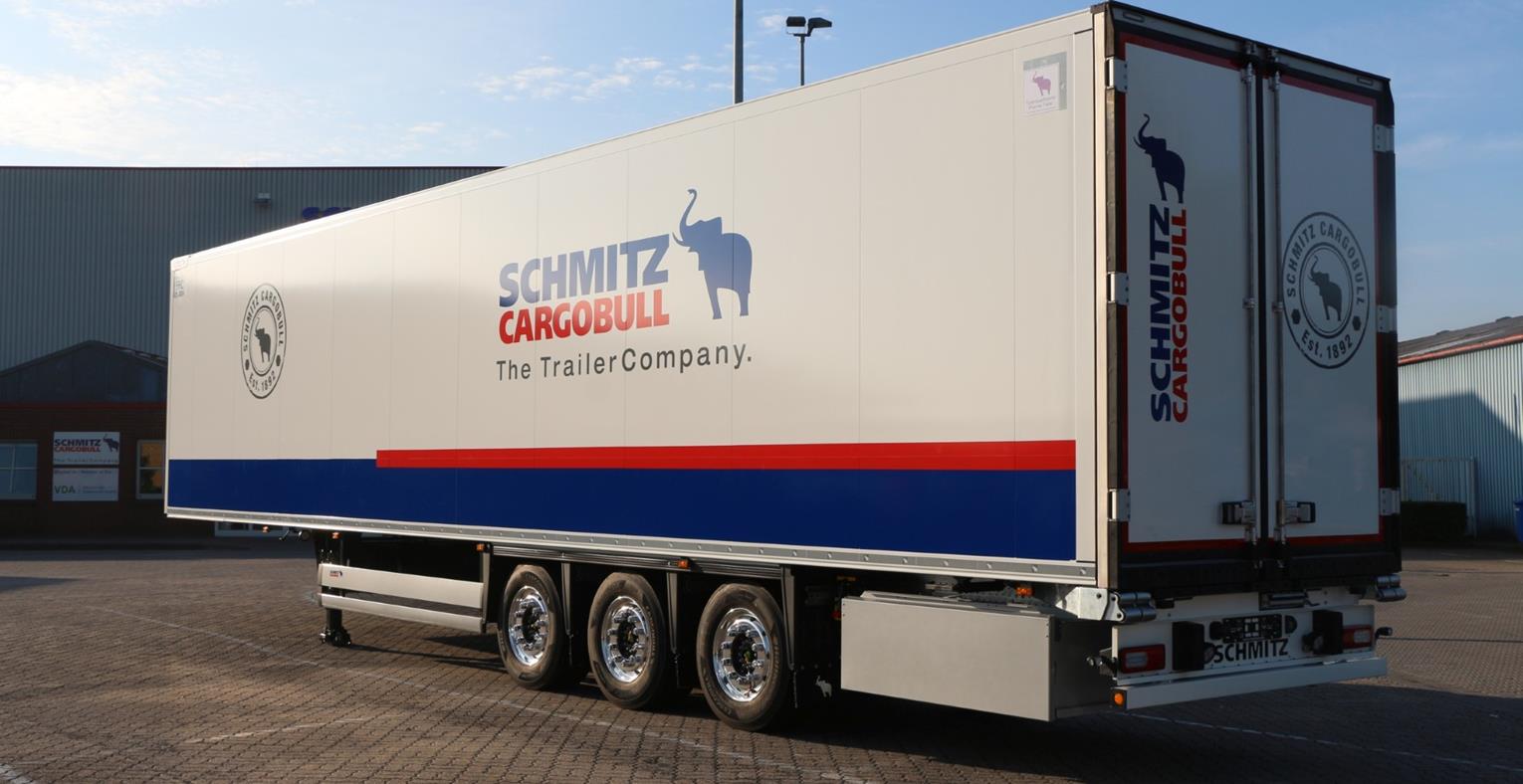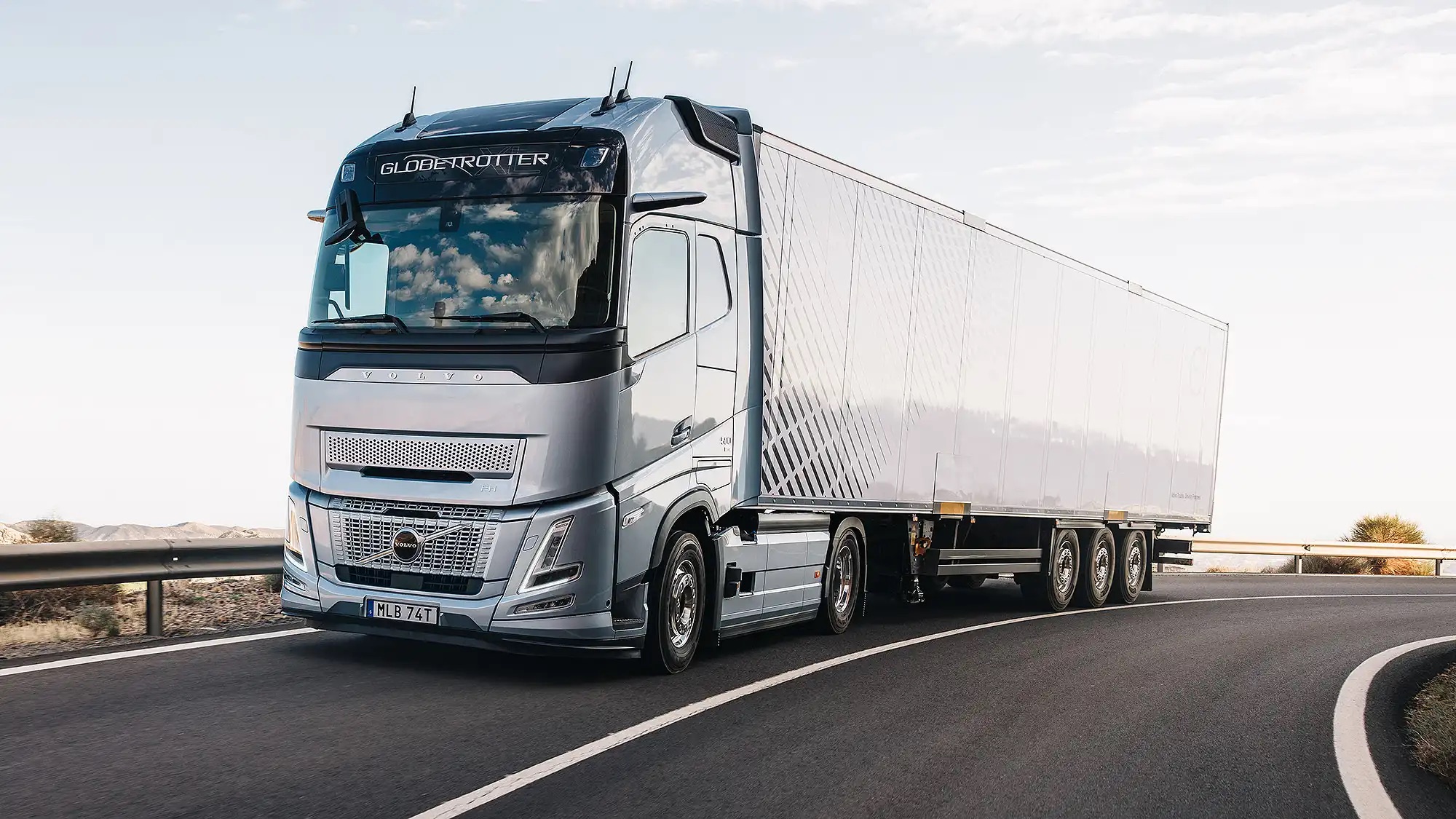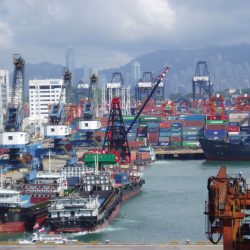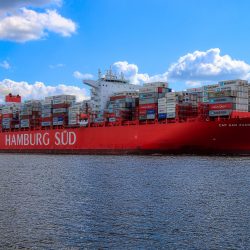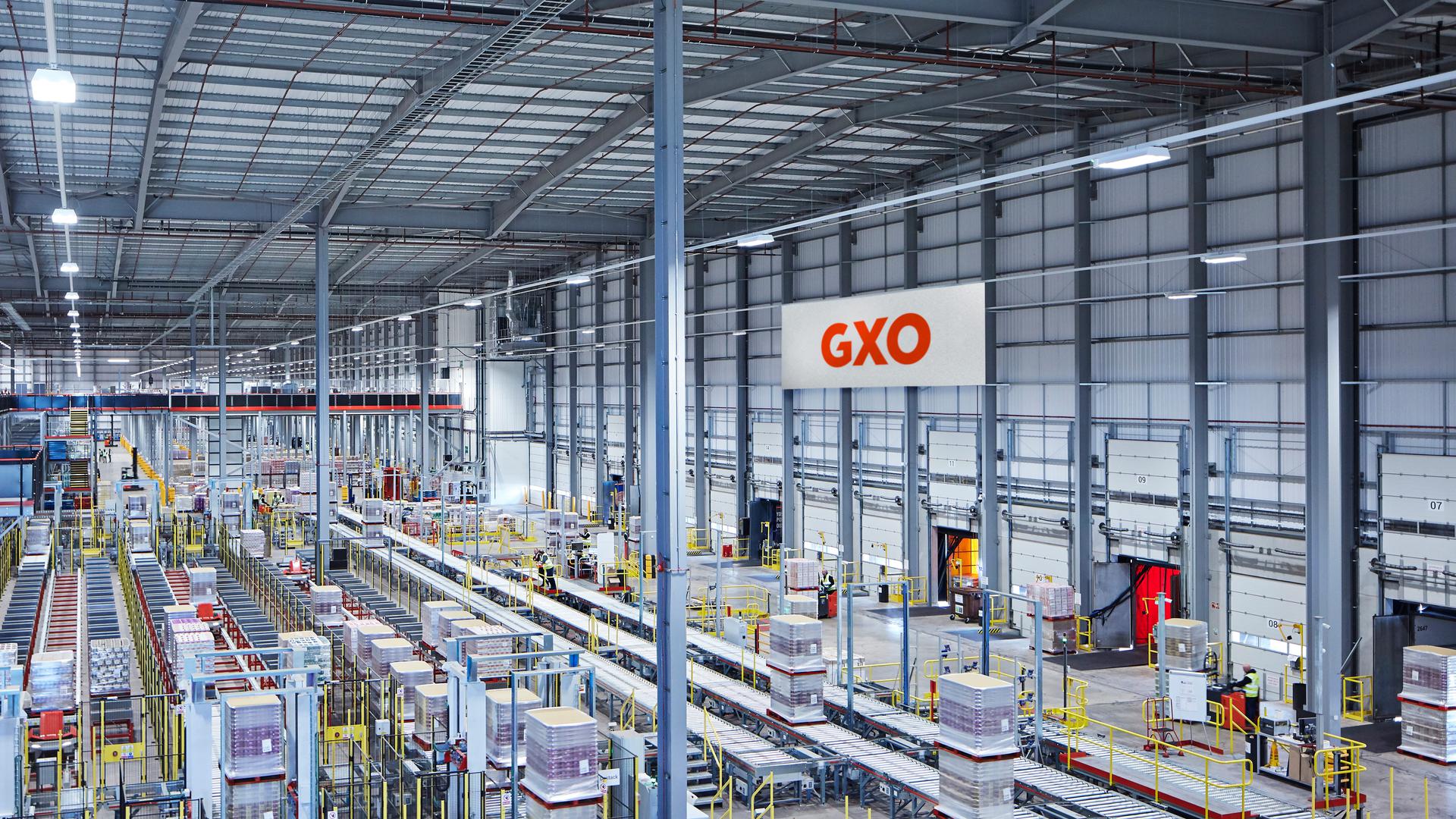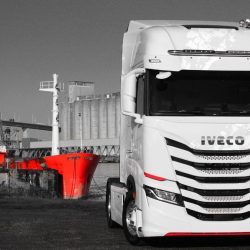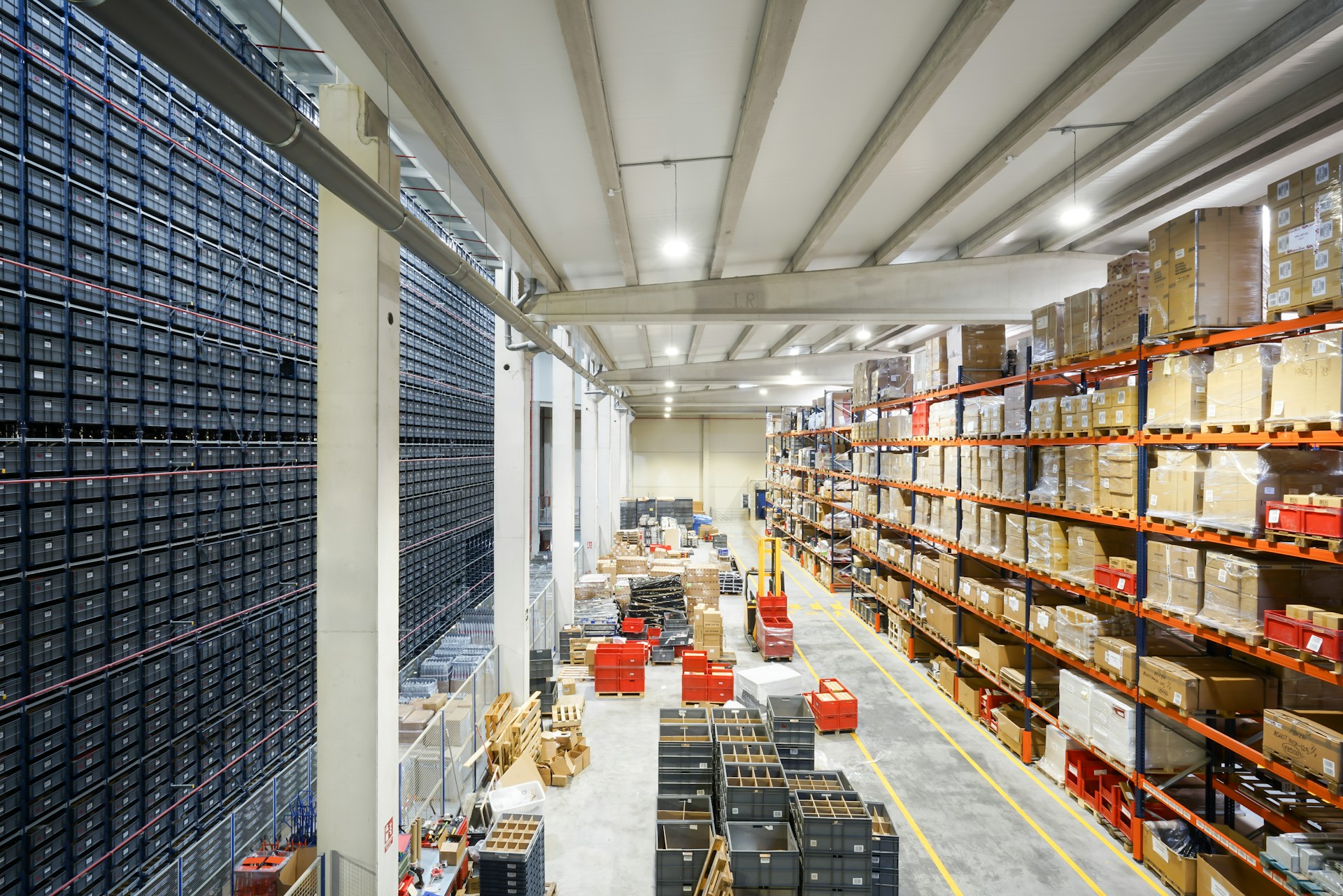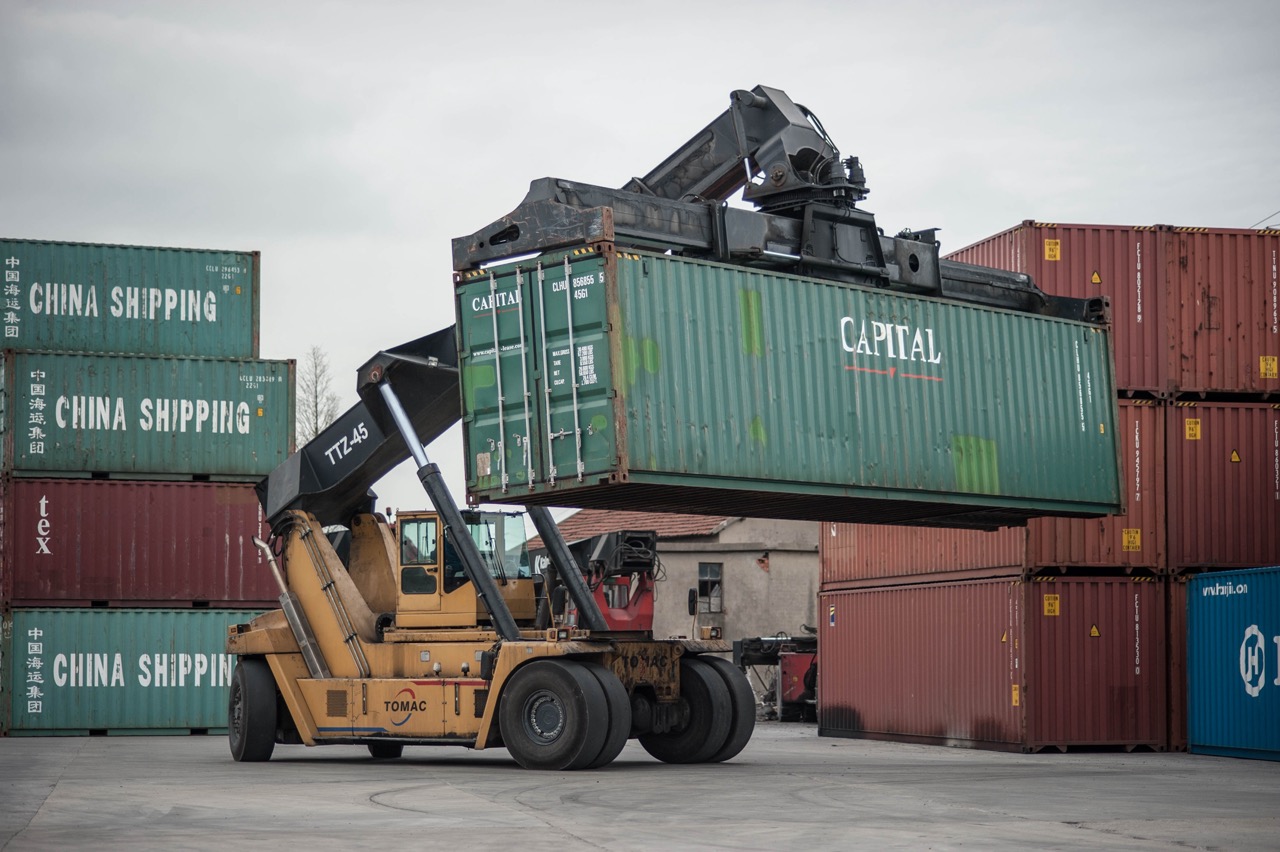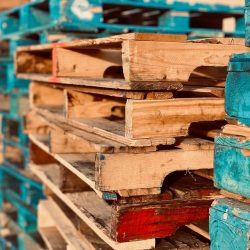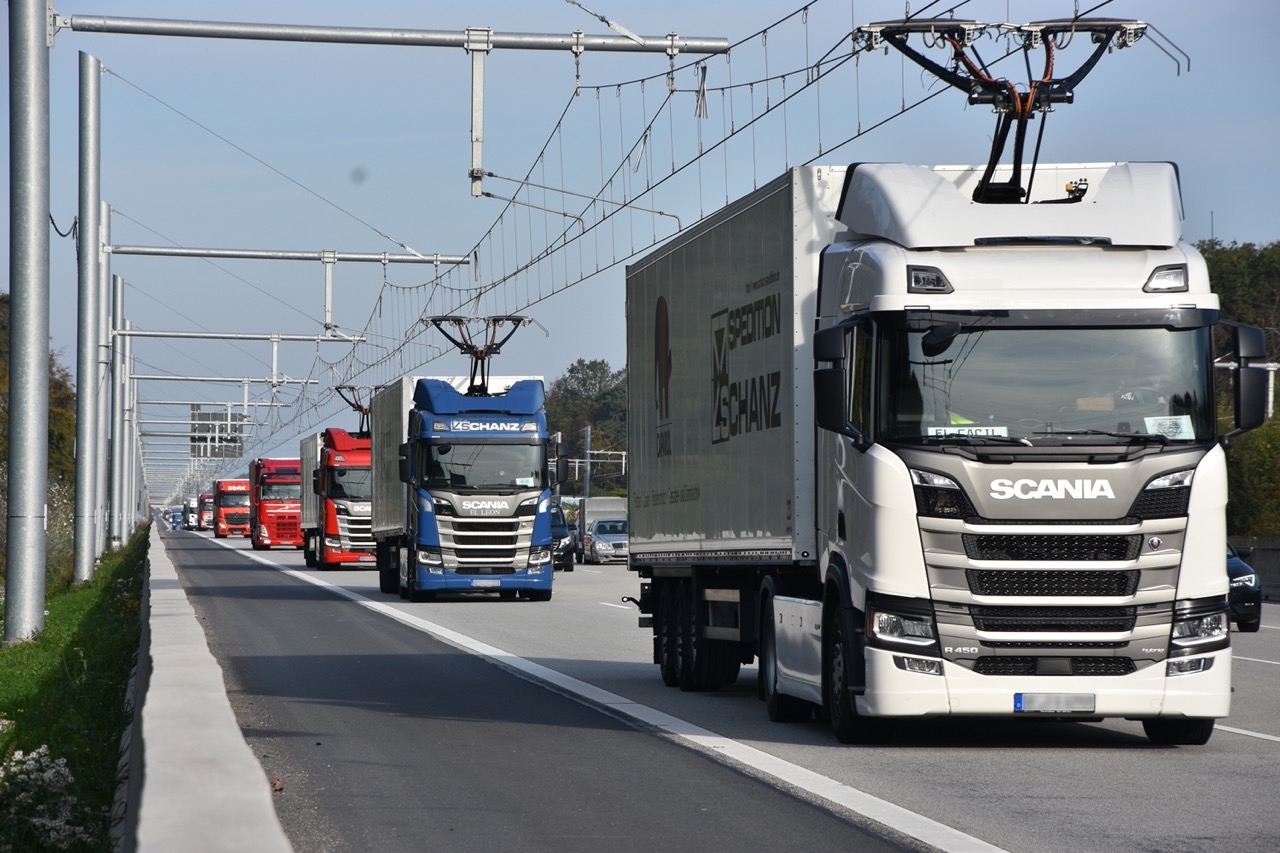How DHL is conquering the North American reverse logistics market
The North American reverse logistics market has a new leader in DHL Supply Chain. The company has strengthened its position with the acquisition of US-based Inmar Supply Chain Solutions. Inmar is one of the region’s largest providers of e-commerce returns solutions.
As a result of the acquisition, DHL Supply Chain added 800 employees and 14 return centres to its network. In total, DHL has more than 520 warehouses and approximately 52,000 employees. The acquisition of Inmar expands the company’s service offerings, including:
- product remarketing services;
- customer feedback management;
- supply chain analytics to improve supply chain efficiency.
At the same time, the pharmaceutical reverse distribution business will remain with Inmar.

Prospects of the deal for the companies
The deal confirms the growing interest in the reverse logistics market. The demand for such services has increased as a result of the e-commerce boom. Returns management is an important part of retail operations. And these operations are relevant for both physical stores and online retailers.
DHL Supply Chain’s Oscar de Bock underlined the importance of the deal. It will enable the company to offer its customers comprehensive solutions for effective returns management. He believes that the combined capabilities and experience of the two companies will help build a successful business in North America. At the same time, DHL is focused on long-term growth and plans to develop the industry in the future.
The deal also has other benefits for the seller. The acquisition allows DHL to strengthen its efforts to achieve its sustainability goals. The company is focusing on building reverse logistics processes by implementing re-trade activities. This approach reduces the waste generated by consumers when they return products. Inmar has already achieved significant success in this area. The company’s technology has diverted 99% of returns from landfill, contributing to decarbonisation targets.
Benefits of reverse logistics
Reverse logistics is a promising trend, and not just in terms of meeting environmental targets. It is also a powerful business improvement tool for reducing costs. By optimising returns, companies can cut waste by reselling, recycling or recovering goods. In addition, a well-designed mechanism for dealing with problem products improves customer service. High levels of service satisfaction contribute to customer loyalty and willingness to return.
One of the keys to an effective strategy is the use of digital systems. It automates reverse logistics processes and minimises errors. Modern platforms based on AI and machine learning provide real-time tracking and analysis of returns. This enables more accurate demand forecasting and inventory optimisation.



